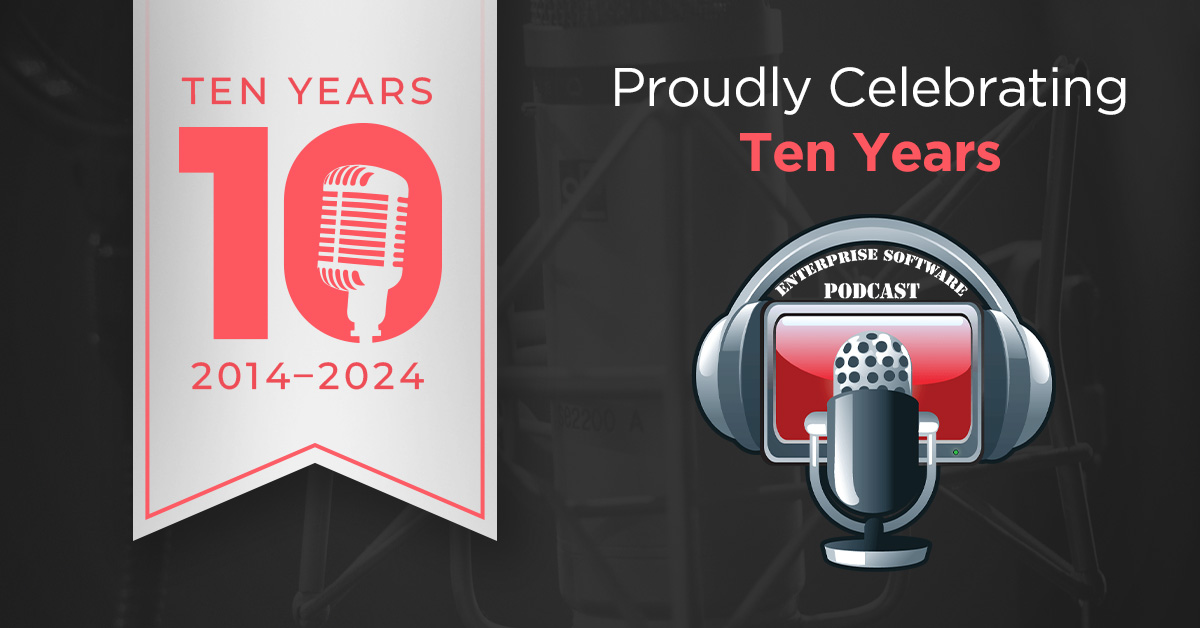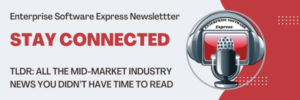As we head into 2025, it’s clear that the ERP landscape is evolving rapidly. Our industry veterans have weighed in on the stories that defined the year and shared insights into what’s coming next. Here’s a look at some of the most significant trends and predictions for the future.
Story of the Year: The End of Dynamics GP
Wayne Schulz: “The biggest story this year? Easy, Microsoft ditching Dynamics GP. We all (mostly) knew this was coming, but it’s still a surprise to read it in print. It shows that even the most popular products have a lifespan. Remember when cloud computing shook up the ERP software scene? Well, now that cloud’s everywhere, AI is the next big thing to disrupt the industry. It will make cloud and SaaS – tech that seemed cutting edge not long ago – look old and boring. Microsoft kicked things off by killing a popular but old(er) product. Watch for other software companies to follow suit.”
Bob McAdam: “100% agree, and it is still tough to see it in print.”
Bob McAdam continued: “Of course, the biggest story of 2024 was Microsoft’s September announcement that Dynamics GP will reach end-of-life in 2029. Many in this industry knew this day was coming, myself included, but it’s still difficult to see this news in print. I was introduced to ‘Great Plains Software’ in 1999 and it’s been (and will continue to be) a key component of my career. End users have a decent runway to decide what’s next, and many will take their time deciding if and where they want to go, but this news was certainly the talk of the town once it hit. There are some companies that will stay put, at least for now, but my guess is that a majority will now begin discussing what the next ERP will be…and there are plenty of good options, too. Watching this all unfold presents a ton of opportunity.”
Another Major Trend: Consolidation in the Industry
Darcy Boerio: “I’m going to fudge on this a little and say it’s not one story, but the entire theme of the intersection of CPA firms, VARs, and private equity. The majority of large CPA firms now have ERP practices. Some have grown them organically, but many have acquired smaller VARs, often with the intent of harvesting the legacy clients to grow their cloud ERP practices. We’re also seeing PE investing more than ever in both VAR practices and CPA firms, which in turn is driving further M&A activity and further consolidation. While this is not a uniquely 2024 trend, it definitely accelerated in 2024 and will continue to do so in 2025.”
Wayne Schulz: “I agree with you and I think you can further summarize the trend down to ‘it’s all about recurring revenues.’ The more predictable those revenues are, the more likely that private equity is going to be attracted. One example that I’ve seen in CT is car washes. Now I don’t know if what’s happening is all PE-backed, but all the dingy old car washes in my area are being bought and turned into car wash membership sites that aren’t cheap and seem designed to capture people who live nearby and don’t mind paying monthly for a car wash. I think this is the same concept as gym memberships. Get people on a plan and hope they don’t over-use it.”
Predictions for 2025: The Role of AI in ERP
Wayne Schulz: “Here’s my prediction for the ERP market – I think AI is going to change how companies pay some publishers for ERP systems. In 2025, instead of just buying software licenses, companies will also pay based on how much they use the AI features inside. And new features will largely be AI-based, which means using new features could require ongoing payment. It would be a smart move for ERP companies. They may have missed out on making big money from other 3rd party integrations, but AI gives them a fresh chance to charge for something new and keep most of the profits.”
Darcy Boerio: “I’m not a huge fan of models like this because they discourage people from using the very tools publishers want them not to be able to live without! But I can see things going that way. EVERYONE will have some sort of ‘AI’ in their product to varying degrees, as the definition is pretty broad, but it’s the new ‘cloud’ – or as Wayne would say, ‘it’s table stakes.’ Another way I think we’ll see ERP publishers cashing in on 3rd party tools is by continuing to expand the models to charge ISVs on a per-API call basis, which in turn causes ISVs to either change their pricing models or raise their prices to make sure they don’t lose money on the high-volume users.”
Wayne Schulz: “Yes! And perhaps the true reason some of the popular legacy ERP systems seem to get so little love is that they don’t have an easy way to set up a toll booth (aka API)?”
Bob McAdam: “For 2025, AI will become less of a new, largely unknown phenomenon and more of an embraced necessity. Conferences will offer better, more practical sessions on how best to use AI, and that change will help companies leverage it faster in business. I’m still ‘new’ to all this AI talk, but as time goes on I am feeling more confident about how AI and ERP can really make great strides for businesses, large and small. There will be less intimidation and more practical interest (and thus demand) in this world-changing technology.”
As the ERP industry continues to evolve, one thing is clear: change is constant. From the sunset of beloved legacy systems like Dynamics GP to the rise of AI as the next disruptive force, businesses and vendors alike will need to stay agile and forward-thinking. If 2024 is any indication, 2025 will bring even more opportunities and challenges for those in the ERP ecosystem.


